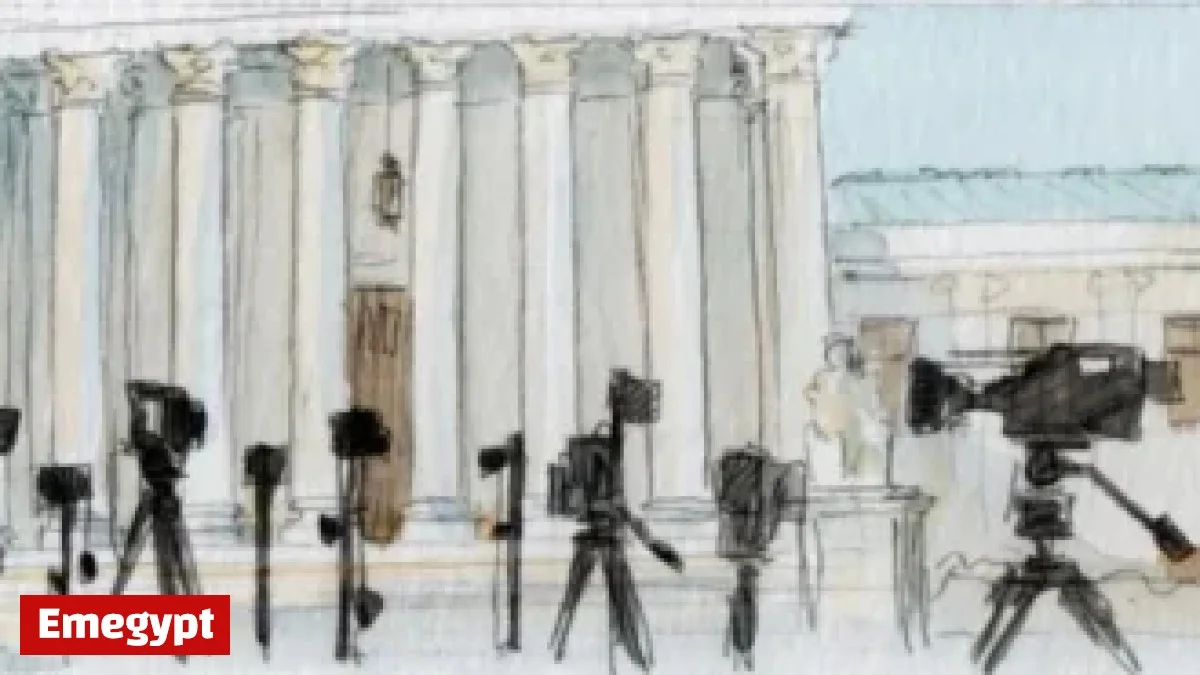
The upcoming conference of the U.S. Supreme Court this Friday marks an important event, particularly regarding the interpretation of “Election Day.” The Court will discuss the case of Watson v. Republican National Committee, which has garnered significant attention due to its implications for absentee ballot rules.
Key Facts about the Watson Case
In Watson, Mississippi Secretary of State Michael Watson is appealing a ruling from the U.S. Court of Appeals for the 5th Circuit. This ruling struck down a Mississippi law that allowed absentee ballots postmarked by Election Day to be counted if received within five business days afterward.
- Case Name: Watson v. Republican National Committee
- Petitioner: Michael Watson, Mississippi Secretary of State
- 5th Circuit Ruling: State law violated federal law regarding ballot receiving times
- Date of Supreme Court Conference: Upcoming Friday
- Total Cases Relisted for Review: 263
- Federal Election Statutes Cited: 2 U.S.C. §§ 1, 7 and 3 U.S.C. § 1
Background of the Legal Dispute
The 5th Circuit ruled that all ballots must be both cast and received by the Tuesday following the first Monday in November. Five judges dissented, believing the issue is of exceptional importance.
Watson argues that federal statutes only specify when voters can cast ballots, not when officials must receive them. This could impact approximately 30 states that have similar absentee ballot grace periods.
Supporters and Opponents of the Case
Watson’s position is supported by various voter groups and 19 states along with the District of Columbia. They assert that the 5th Circuit’s ruling threatens state autonomy and the opportunity for military and overseas voters to have their ballots counted.
Conversely, the Republican National Committee and the Libertarian Party of Mississippi defend the 5th Circuit’s ruling. They argue that maintaining a uniform Election Day is essential to prevent chaos and ensure integrity in the electoral process.
Significance of “Election Day”
This case is crucial as it could redefine the parameters surrounding absentee ballots across the nation. The legal arguments center on statutory interpretations and historical practices, suggesting that this case could set a precedent affecting mailballot rules in numerous states.
Related Cases Before the Supreme Court
In addition to Watson v. Republican National Committee, several other cases have been relisted for this conference, including:
- Hutson v. United States: Whether a state official has an affirmative burden under 18 U.S.C. § 3626(b)(1)(A).
- Does 12 v. Hochul: Issues regarding compliance with state laws that contradict Title VII of the Civil Rights Act.
- Beck v. United States: Questions surrounding the Feres doctrine for servicemembers.
- Pitts v. Mississippi: The use of screens to shield child witnesses from defendants during trials.
As the Supreme Court prepares for its conference, the implications of Watson v. Republican National Committee will resonate beyond this individual case, potentially influencing electoral processes and laws across the nation.
